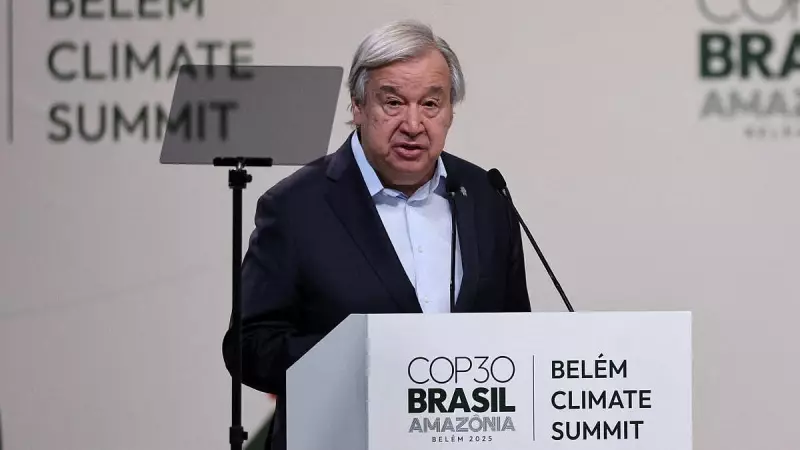
The recently concluded COP30 climate summit has delivered what many are calling a significant victory for major oil-producing nations, while raising serious concerns about the future of planetary climate goals. The final declaration, which faced widespread criticism from diplomats and environmental groups, appears to have favored the interests of fossil fuel economies over ambitious climate action.
Diplomatic Backlash Over Final Agreement
The closing statement from the United Nations climate conference, held on 23 November 2025, was met with considerable disappointment from numerous diplomatic quarters. Multiple representatives from climate-vulnerable nations and environmental organizations described the outcome as insufficient to address the escalating climate crisis. The agreement notably fell short of establishing binding commitments for rapid fossil fuel phase-out, instead opting for more gradual transition language that aligns with the economic interests of petroleum-dependent nations.
Major Oil Producers Emerge Victorious
Among the clear winners at COP30 were oil-producing giants Saudi Arabia and Russia, whose delegations successfully advocated for provisions that allow continued fossil fuel production under certain conditions. Their strategic positioning throughout the negotiations ensured that the final text contained multiple loopholes and flexible timelines that could delay meaningful emission reductions. This outcome represents a significant setback for climate activists who had been pushing for more aggressive action following another year of record-breaking temperatures and extreme weather events worldwide.
Global Climate Implications
The compromised agreement raises serious questions about the international community's ability to meet the Paris Agreement targets of limiting global warming to 1.5 degrees Celsius above pre-industrial levels. Climate scientists have repeatedly warned that continued fossil fuel extraction is incompatible with this goal. The COP30 outcome suggests that economic interests of petroleum-exporting nations continue to outweigh urgent planetary concerns, potentially putting millions of people in climate-vulnerable regions at increased risk of displacement, food insecurity, and extreme weather impacts.
As the dust settles on another climate conference, the gap between scientific recommendations and political reality appears to be widening rather than narrowing. The COP30 final statement will likely be remembered as a testament to the ongoing influence of fossil fuel interests in international climate diplomacy, raising doubts about whether future negotiations can deliver the transformational changes needed to avert catastrophic climate breakdown.





